How Humidity Affects Skin And Tips To Deal With It?
In this article, we will discuss how humidity affects the skin and how to deal with it.
Have you ever noticed a change in the appearance of your skin after traveling to a new location? Another possibility is at the start of a new season. The main reason for this is because humidity levels are constantly changing. Humidity may have a major effect on the appearance and health of your hair, as well as the health of your skin. Because of high humidity, sweat ducts are forced to shut, and when your glands are not functioning correctly, you have a problem."
The quantity of water droplets in the air is referred to as the humidity level. To maintain healthy skin, you must maintain the right mix of humid and dry conditions. Too much or too little humidity can harm skin health – if you live in an area where the humidity level is too low, your skin will feel dry and rough, and if you live in an area where the humidity level is too high, your skin may become more prone to acne and rashes. Humidity levels that are too high or too low can harm skin health.
What happens when the humidity?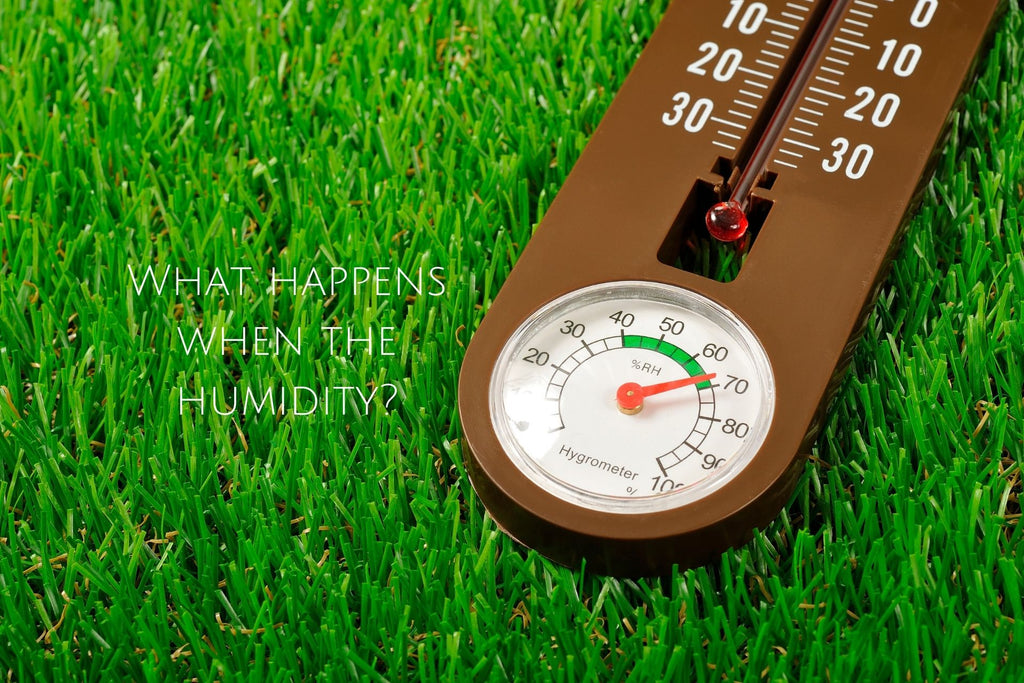
Even a moderate temperature may seem oppressively hot when the atmosphere is excessively humid, as you may have seen during the summer months when the temperature is uncomfortably high. When the temperature and humidity are high, you perspire considerably more than when they are low. In the high heat, sweat evaporates, but the moisture stays on your skin, making you feel considerably worse than you would have otherwise. Heatstroke is a frequent occurrence due to excessive humidity. It is associated with various skin issues, such as acne breakouts, characterized by redness, itching, and discomfort. Sweating also irritates your pores, resulting in the appearance of unsightly pimples on your skin.
The best skin develops in a well-balanced atmosphere. Extreme humidity causes the skin to sweat, but it also causes pores to get blocked, which creates the perfect environment for acne and breakouts. Skin dryness is caused by a lack of humidity, while excessive humidity raises the chance of developing skin diseases. Skin that is prone to acne and excessive oil is more vulnerable to harm. To keep our skin healthy in a humid environment, we must take extra precautions to keep it moisturized.
1. Extremely High Humidity.
1. Excessive Perspiration: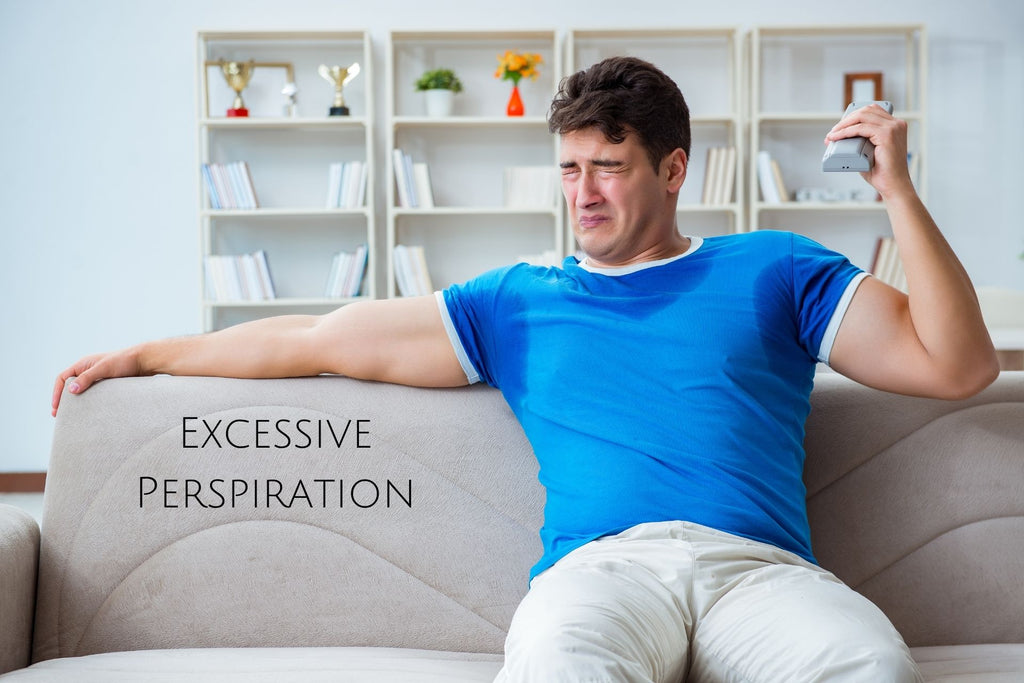
You may have observed that the summer months are unbearably hot and humid. When the environment is very humid, the usual temperature seems to be extremely high. The combination of high temperatures and high humidity causes you to sweat considerably more than usual. The worst part is that the sweat evaporates due to the high temperatures, and the moisture remains on your skin, making you feel worse than before.
2. Breakout of Acne: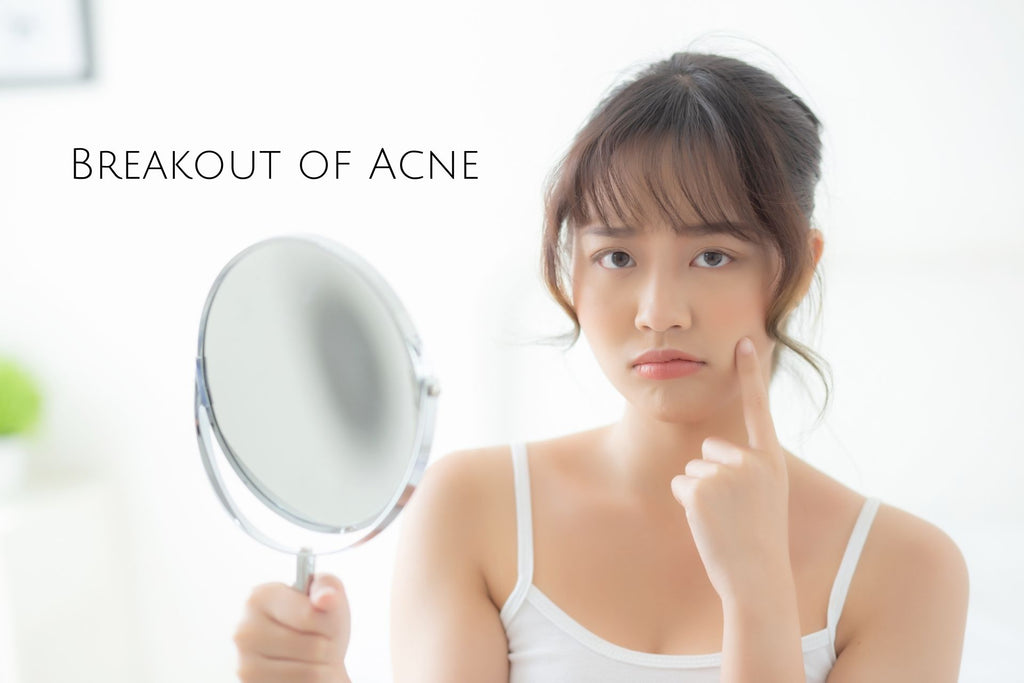
Because excessive sweating is a frequent side effect of high humidity, it is also associated with various skin problems. Acne outbreaks are an example of a skin problem. Sweating clogs your skin pores, causing unpleasant pimples to appear on your skin as a consequence. Acne is a skin condition that produces redness and pain.
3. Anhidrosis: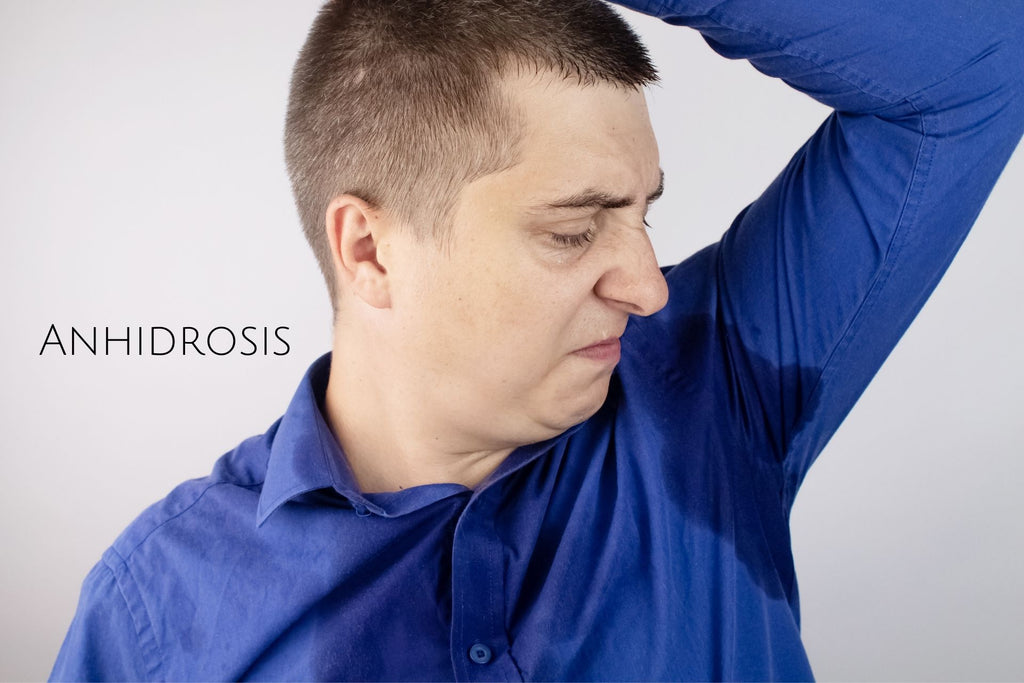
Anhidrosis is a skin condition that affects the skin's appearance.
Anhidrosis is a skin disorder in which a person cannot sweat due to a lack of sweat glands. This skin ailment is more common in hot and humid climates, like the southeastern United States and Gulf America. The capacity of your skin to sweat gradually diminishes when exposed to high levels of ambient humidity. When sweat is unable to evaporate, it remains in the ducts and causes them to get clogged. Because of the obstruction, your skin is unable to sweat. Sweat glands, by their very nature, do not work correctly.
4. Heat Rash: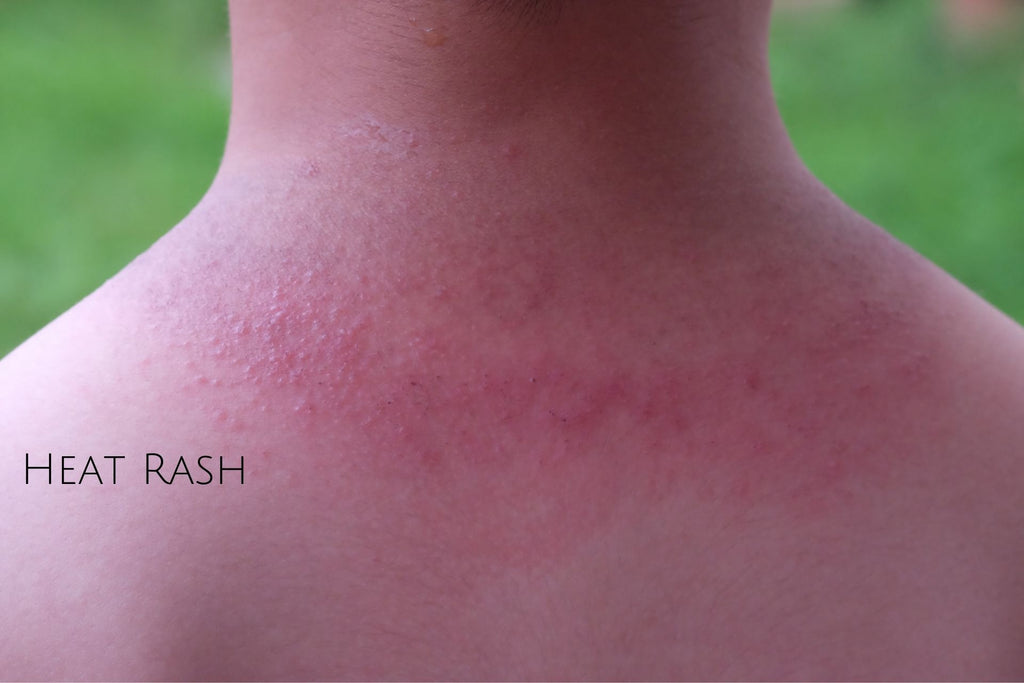
Heat rashes are similar to acne in that they form as a result of excessive warmth and sweat. Heat rashes develop when the sweat ducts in your body get blocked as a result of excessive sweating. A rash of little red pimples appears all over your body, making you itchy and very unpleasant.
2. Extremely Low Humidity.
1. Dry Skin: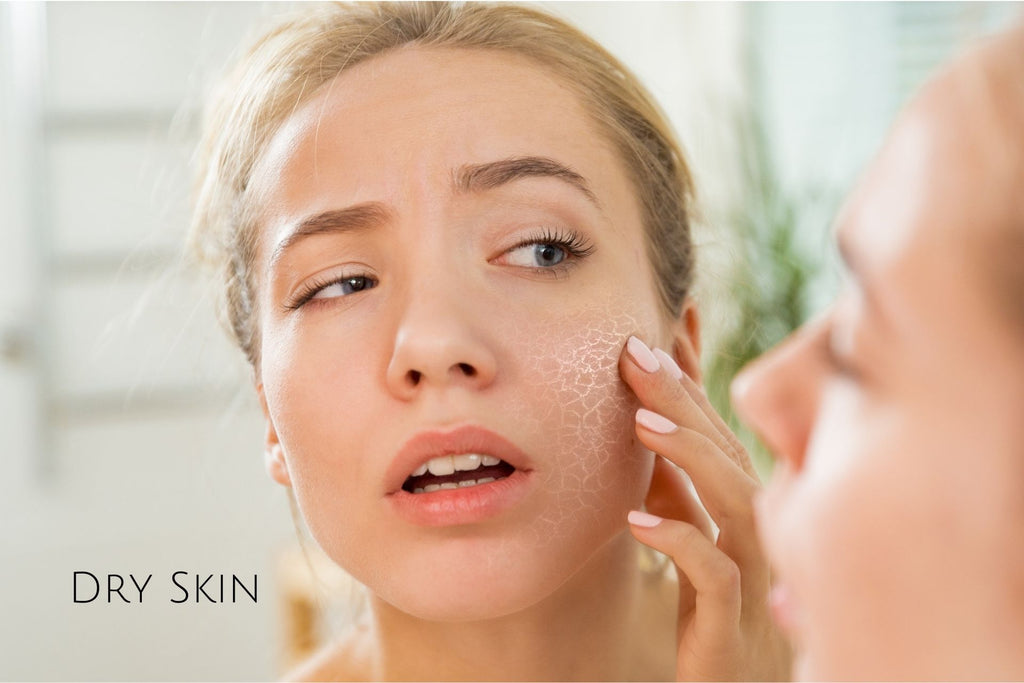
Low humidity indicates a lack of moisture in the air, which is also detrimental to the health of your skin. Any skin requires moisture to be smooth and supple. Low humidity causes your skin to lose its natural oils, causing it to become dry. It becomes very dry and flaky due to a lack of moisture. Cracking skin and bleeding are possible side effects of very dry weather conditions.
2. Symptoms of an Allergy: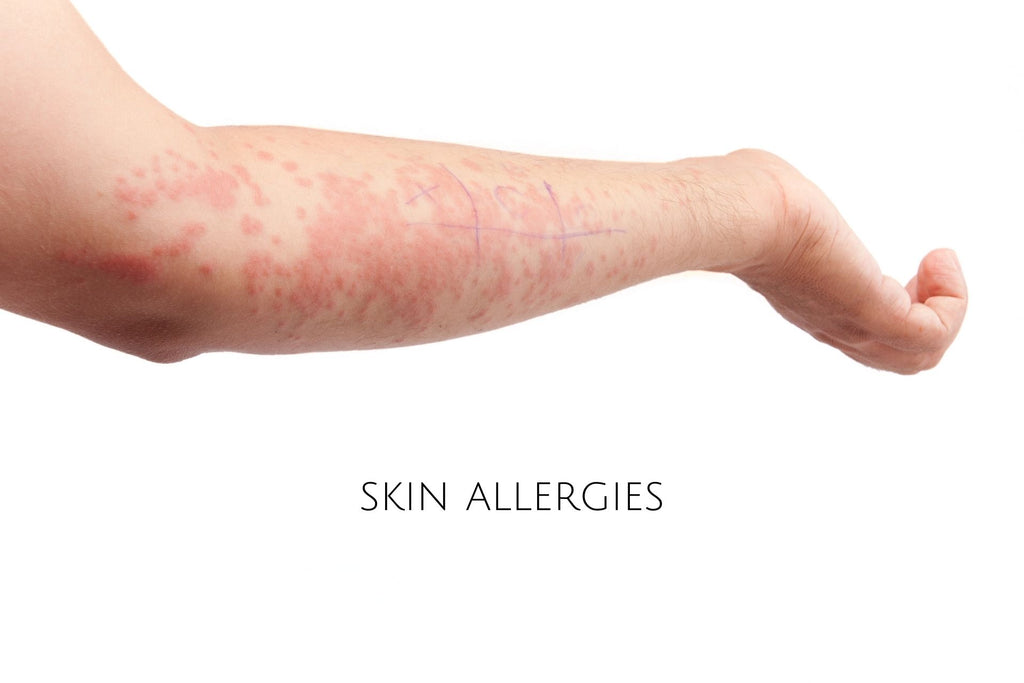
Low humidity conditions may exacerbate the symptoms of skin allergies. When the humidity level lowers, your skin becomes parched. Additionally, your nasal passage gets very dry. When you have allergies, you may notice that your nose is bleeding. Nasal bleeding may also be a sign of a sinus infection, which is more serious.
Other Health Issues As A Result Of The Effects Of Humidity.
1. Asthma:
Humidity levels over 50% exacerbate the condition for people with asthma. The air gets heavy with moisture under high humidity, making it harder to breathe for individuals who have asthma or other respiratory conditions. An asthma attack is more likely to occur in this kind of scenario than in any other.
2. Unmanageable Hair: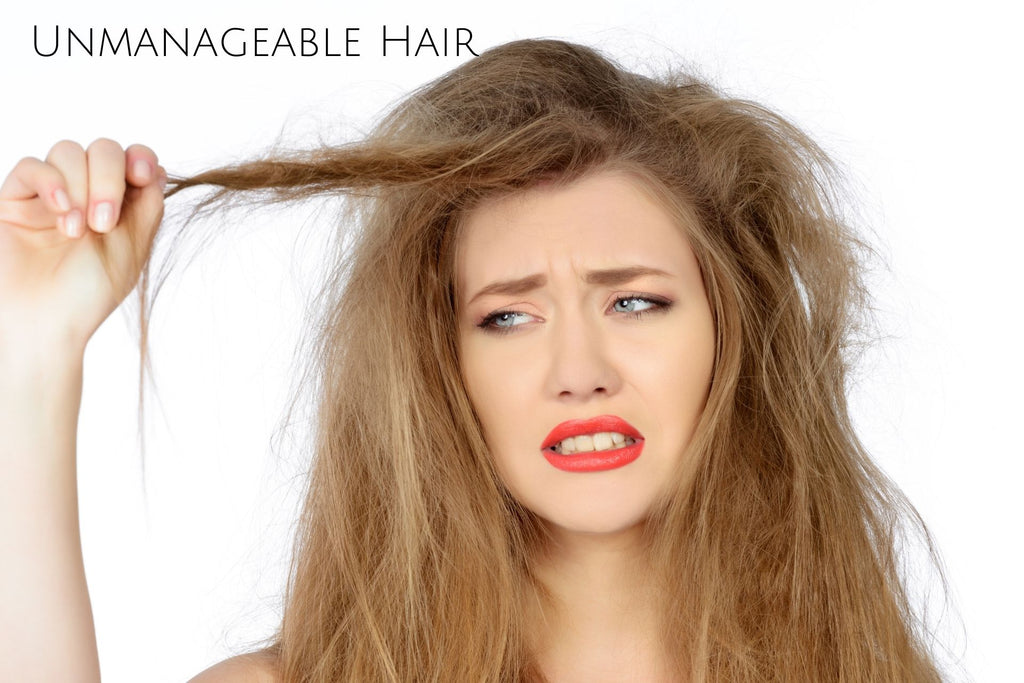
Another drawback of uneven humidity is that it harms the health of your hair, causing it to become dry and frizzy.
3. Heat Exhaustion: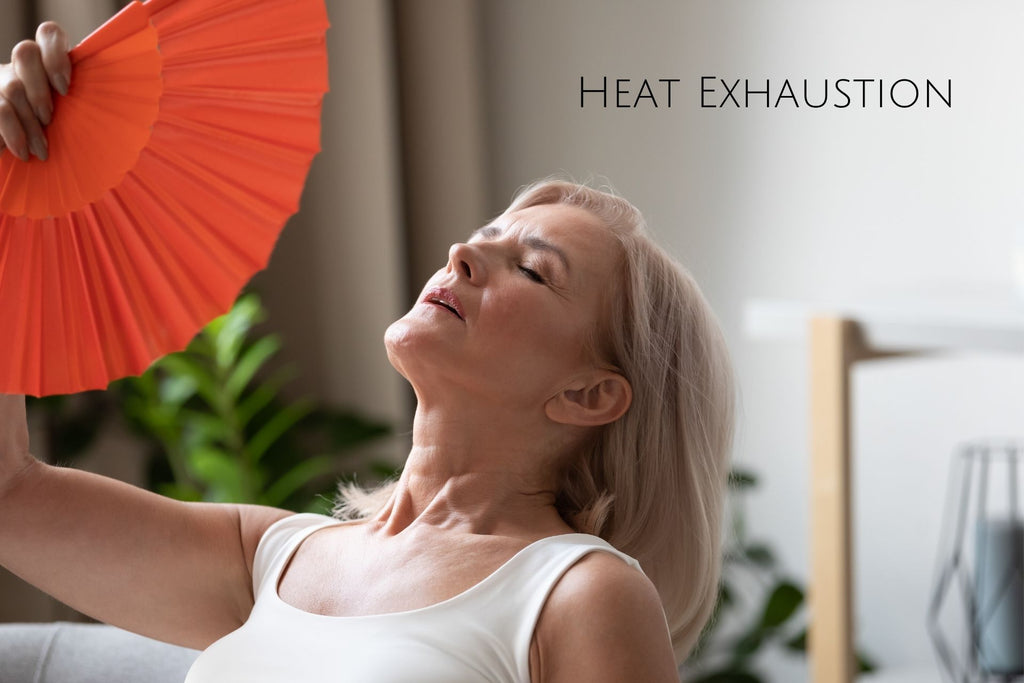
Heatstroke is a medical disease that occurs when your body overheats due to extended exposure to high temperatures or due to the breakdown of your sweating system. The condition occurs when the internal temperature of the body increases and fails to cool down, resulting in heat exhaustion. After suffering from heat exhaustion, you may have heat stroke.
The Approach to Be Taken.
Keep humidity from wreaking havoc on your skin by following these steps.
Face-washing is recommended.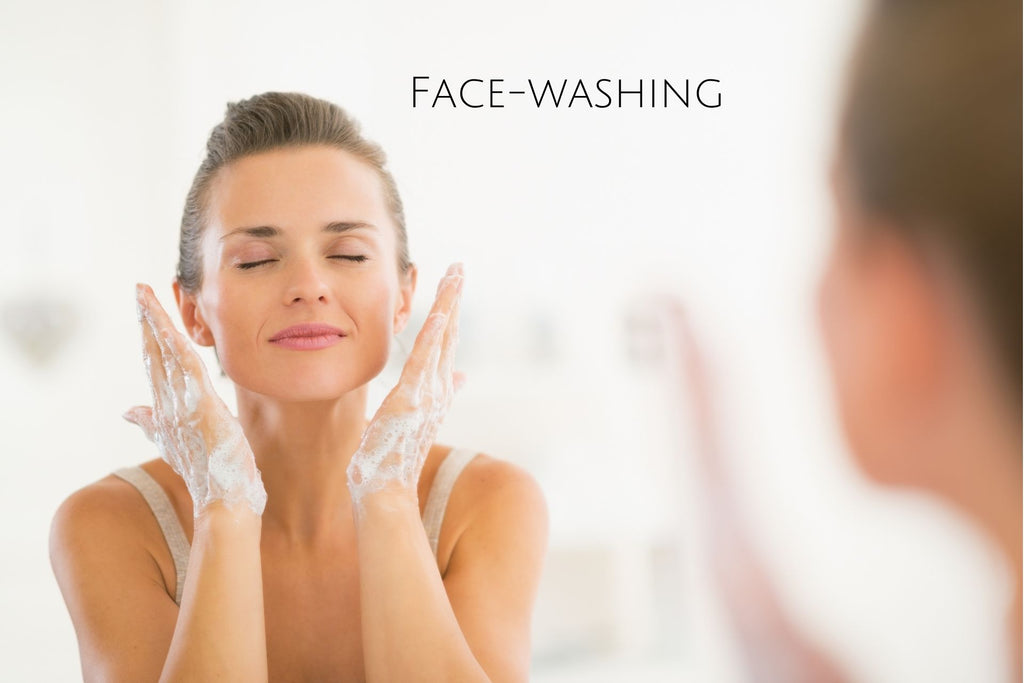
Sweating is caused by humidity, and sweat includes dirt and particles. Aside from that, your body excretes salt via sweat, which becomes entangled with your skin. All of these variables have the potential to block skin pores, resulting in breakouts. Therefore, cleaning your face regularly is essential, but over-cleansing may cause your skin to become drier. Cleanse your face with cool water and a mild face cleanser to avoid drying out your skin.
Facials once a week.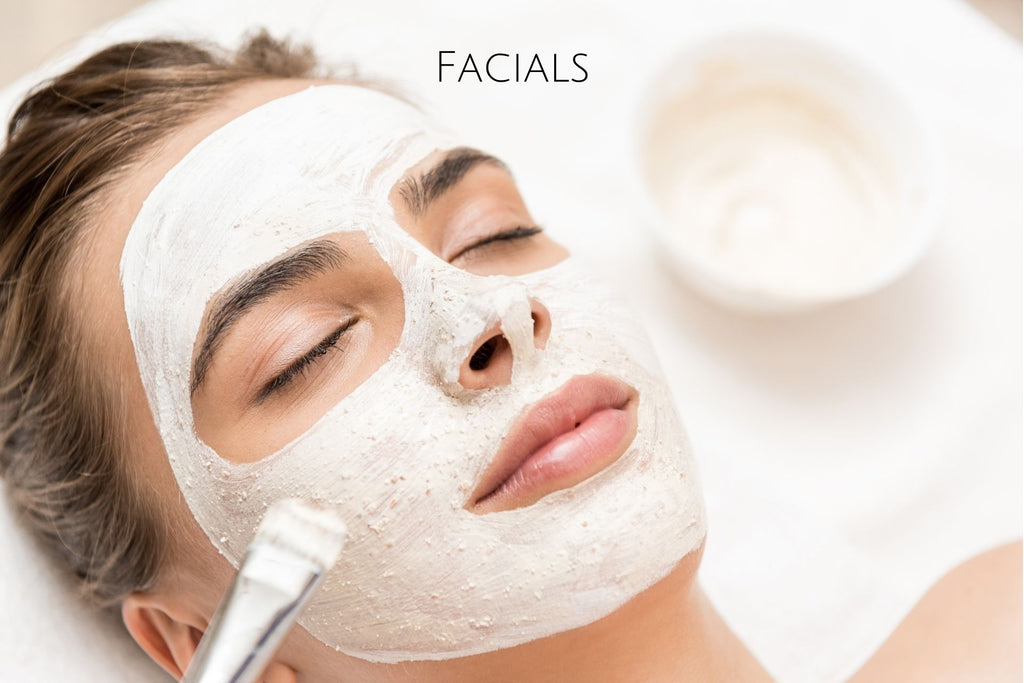
During the monsoon season, your skin is more prone to accumulating oil, dirt, and pollutants than usual. A weekly facial at home, consisting of simple procedures that have been proven to restore the skin's natural health and oil balance, should be performed in addition to daily face washing to get the best results.
According to a study, you should set aside 30 minutes each week to pamper your skin by following the methods listed below:
Washing your face: To begin, properly wash your skin with a good facial cleanser.
Exfoliation: Your skincare cabinet should also include a good scrub. If you do not have one, you may clean your face with a half-cut lemon and sugar.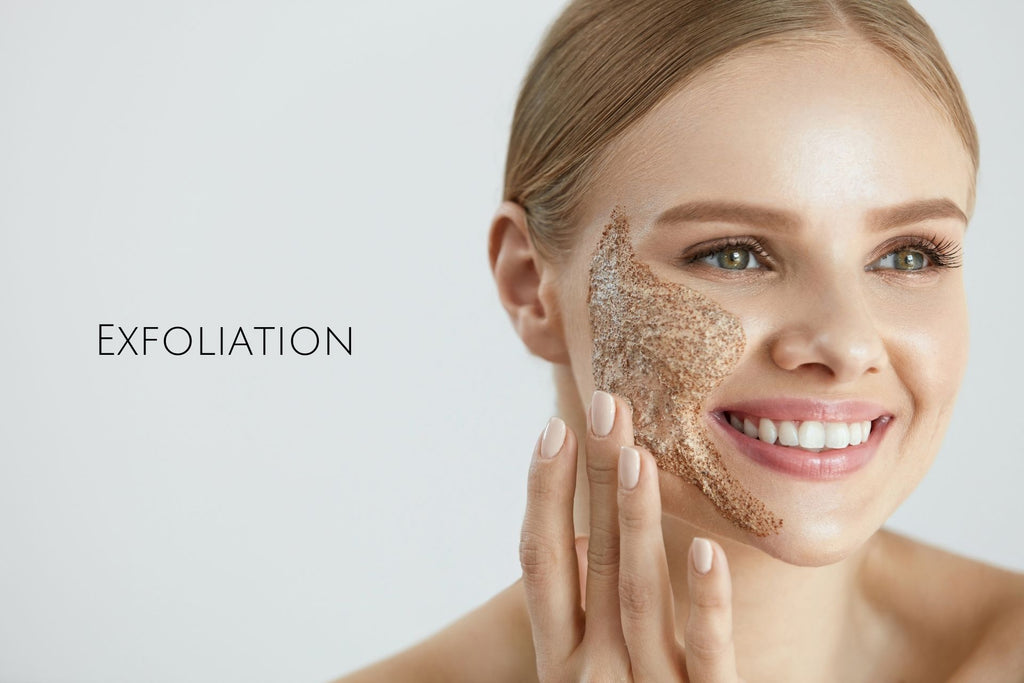
Massage your face with olive oil by rubbing it in circular motions around your eyes and mouth. It enhances the skin's natural radiance by increasing circulation to the surface of the skin.
Food as a face pack: Fruit pulp is by far the most effective. Choose from fruit face masks like a papaya or avocado one. Use the mashed fruit on your face for 15-20 minutes, then wash it off.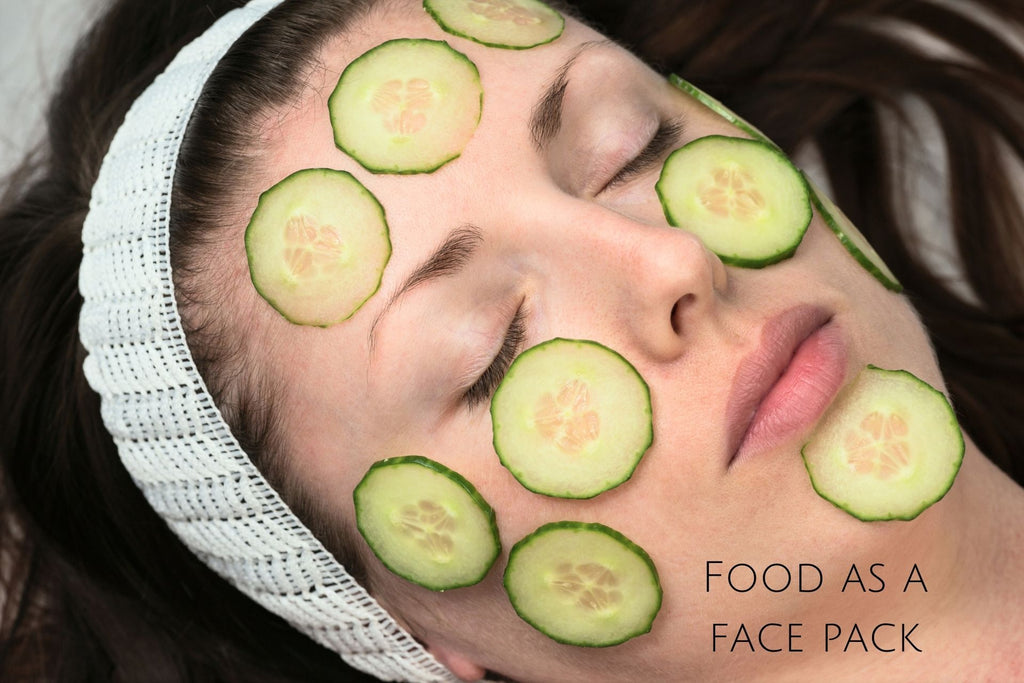
Apply moisturizer to your face as the last step. Moisturizing products based on water are mild on the skin.
Acne Preventative Measures.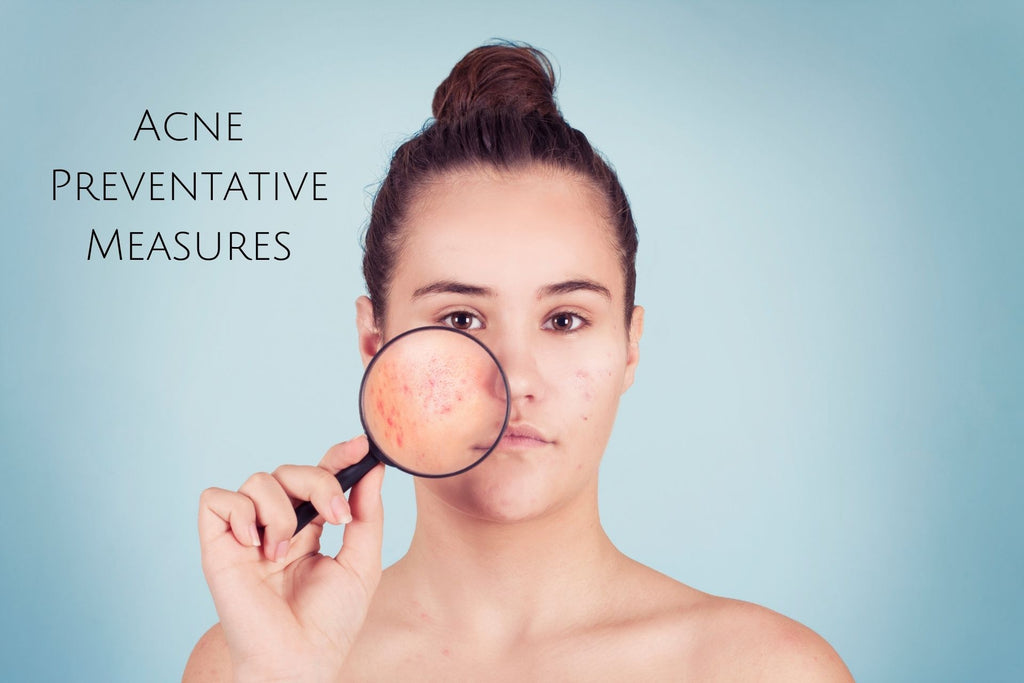
The presence of moisture may exacerbate your acne and breakouts if you are predisposed to them. Keep your face clean and use wet wipes to eliminate debris from your hair that comes into contact with your face to prevent this.
How Should You Take Care Of Your Skin When It Is Humid?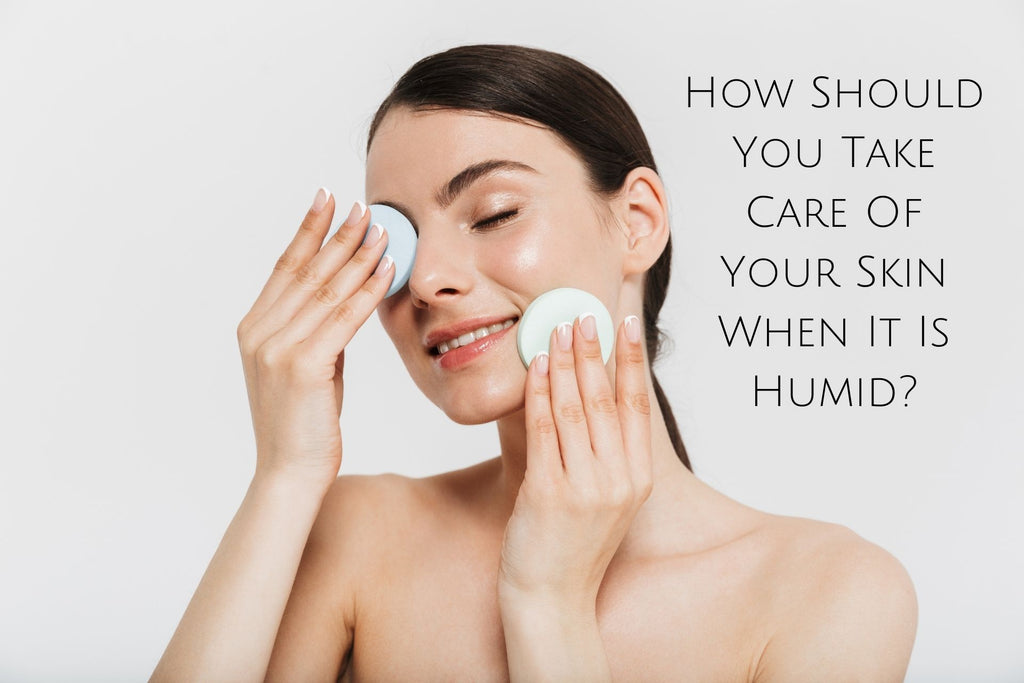
- Getting to Know Your Skin:
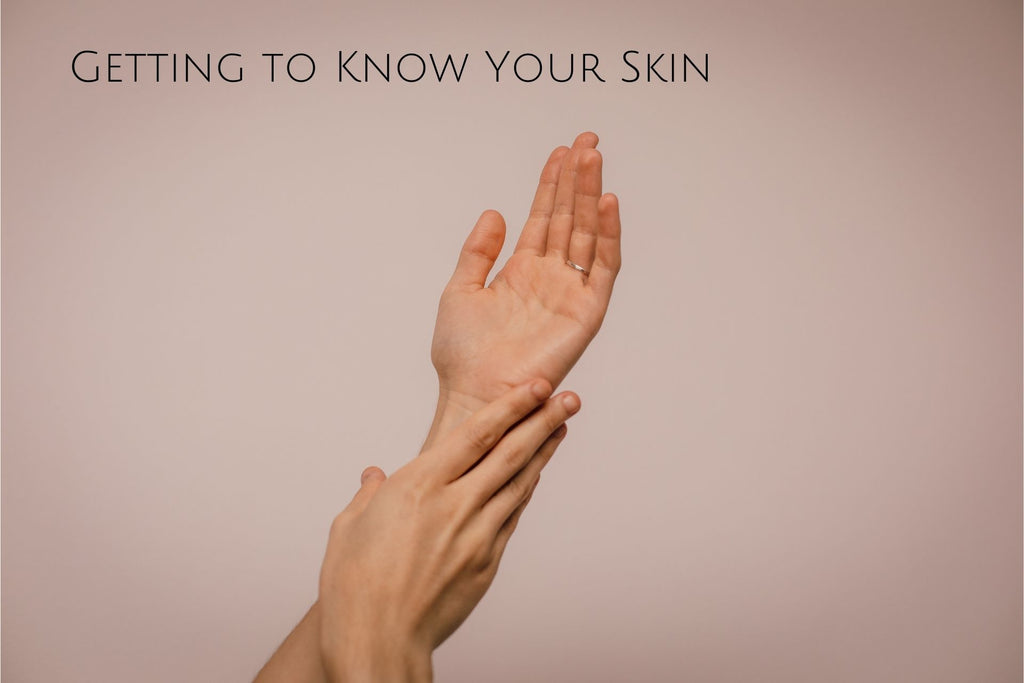
To protect your skin from the effects of humid weather, you must first understand your skin. It is important to understand your skin type to decide what measures to take while exposed to severe weather conditions. Choose the most appropriate product for your skin type from the many options available for various skin kinds and conditions.
2. Maintain the cleanliness of your skin: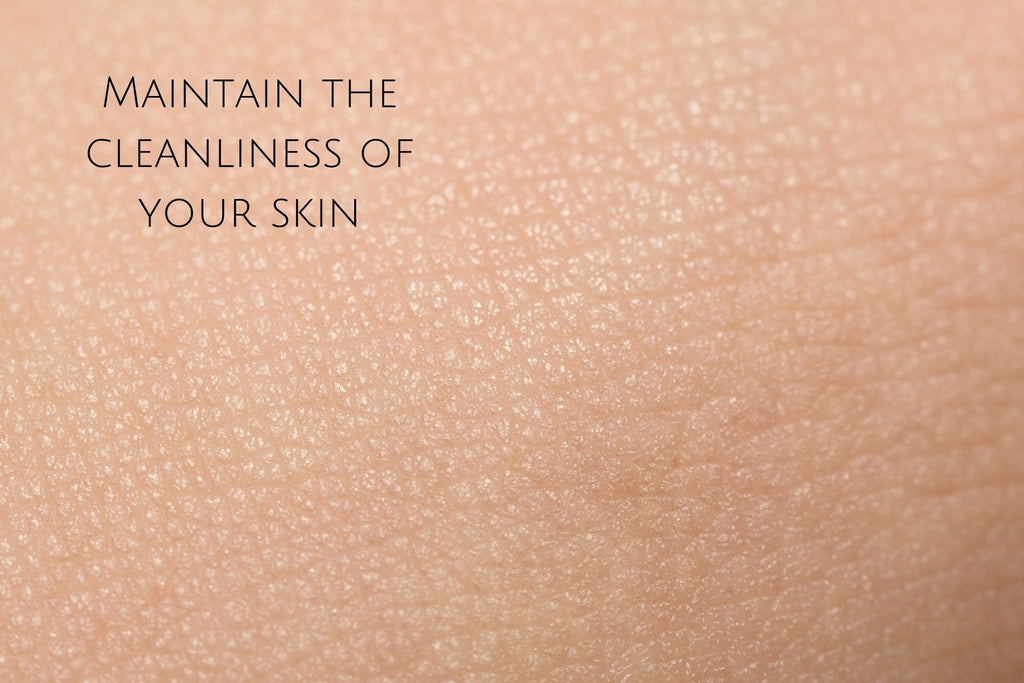
If you have oily or mixed skin, humidity is undoubtedly a component that will make your skin feel even more uncomfortable. Remember to maintain your skin clean at all times to avoid outbreaks of acne or other skin rashes from occurring. Make use of a cleanser that is non-comedogenic. In addition, if you have acne-prone skin, you should use cleansers that include salicylic acid and benzoyl peroxide.
3. Moisturize daily: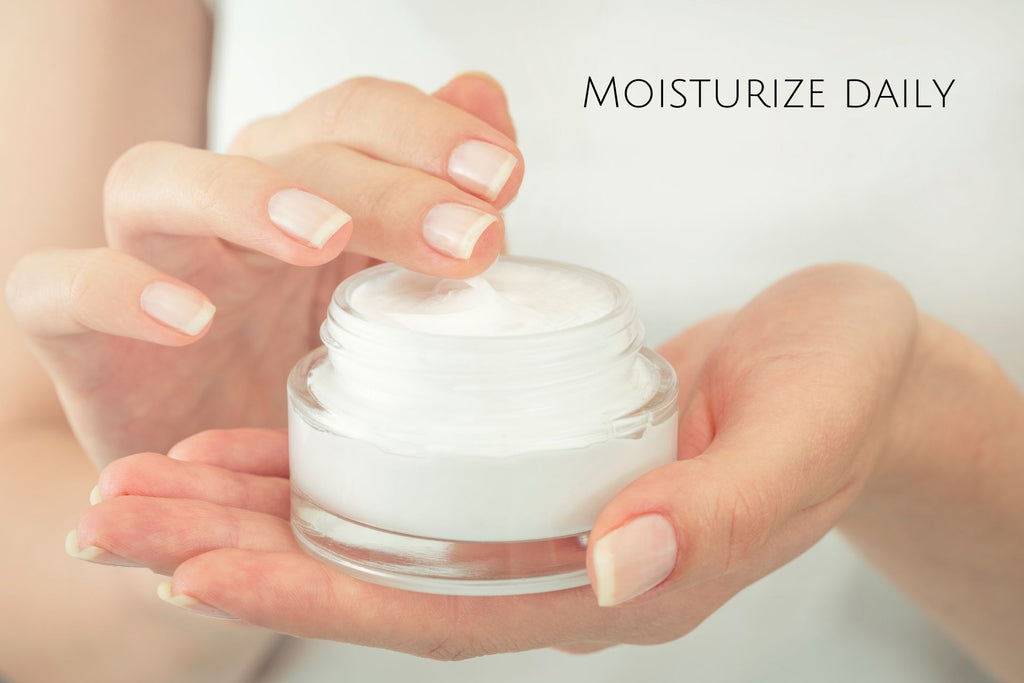
No matter what the humidity level is, moisturizing cream is a necessity. A calming, lightweight moisturizer that keeps your skin smooth and moisturized is recommended for high humidity circumstances. When you live in a low-humidity environment, your skin gets dry and itchy due to the reduced moisture. Using a body lotion or body butter to prevent the skin from becoming dry and dull is preferable in these situations.
4. Protect Your Skin With Sunscreen: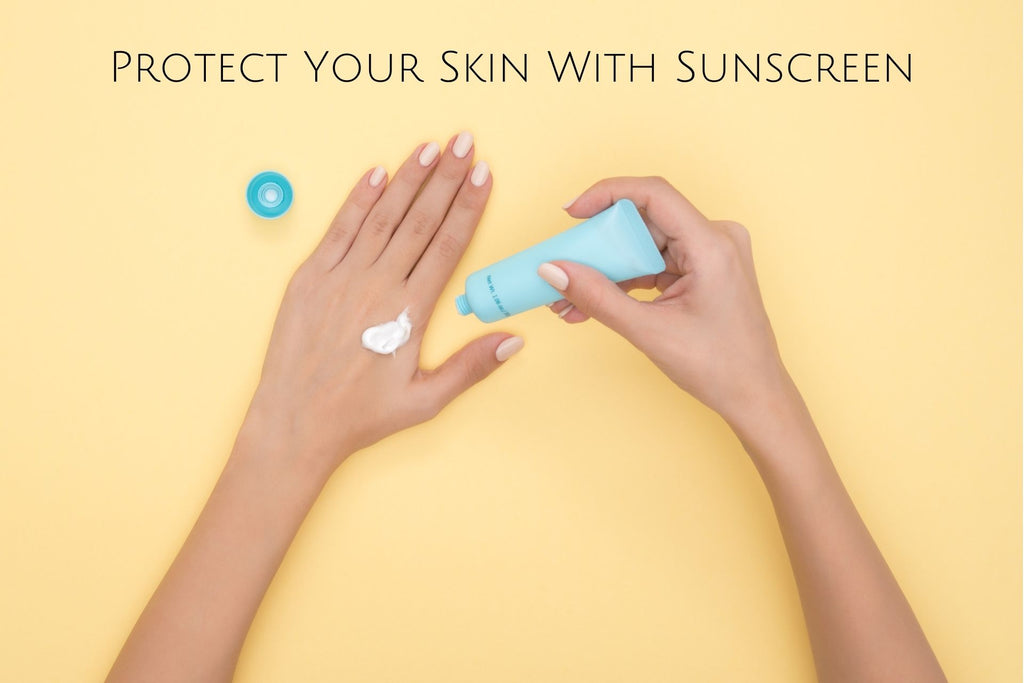
No matter what the weather conditions are, it is essential to use sunscreen. Along with protecting your skin from damaging UV rays, it is the most effective method of protecting your skin from severe weather conditions. Remember to use sunscreen if you are outside in the sun or if you are going swimming. Select a sunscreen that is appropriate for your skin type and offers you the greatest number of advantages.
5. Consider Using A Humidifier: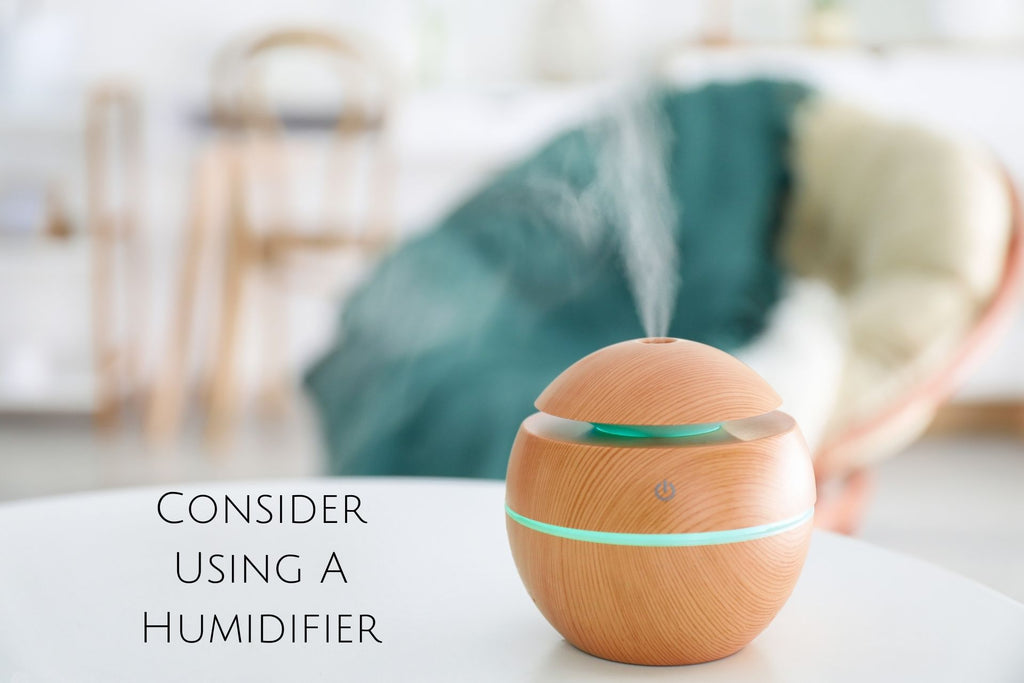
You can regulate the atmosphere in your house by purchasing a humidifier. A humidifier will assist in balancing the hydration of the air by introducing moisture into the environment. If you can manipulate your surroundings, you should be able to control your skin as well. Humidifiers are very helpful, particularly during the winter and summer months.
6. Treat Yourself to Weekly Facials: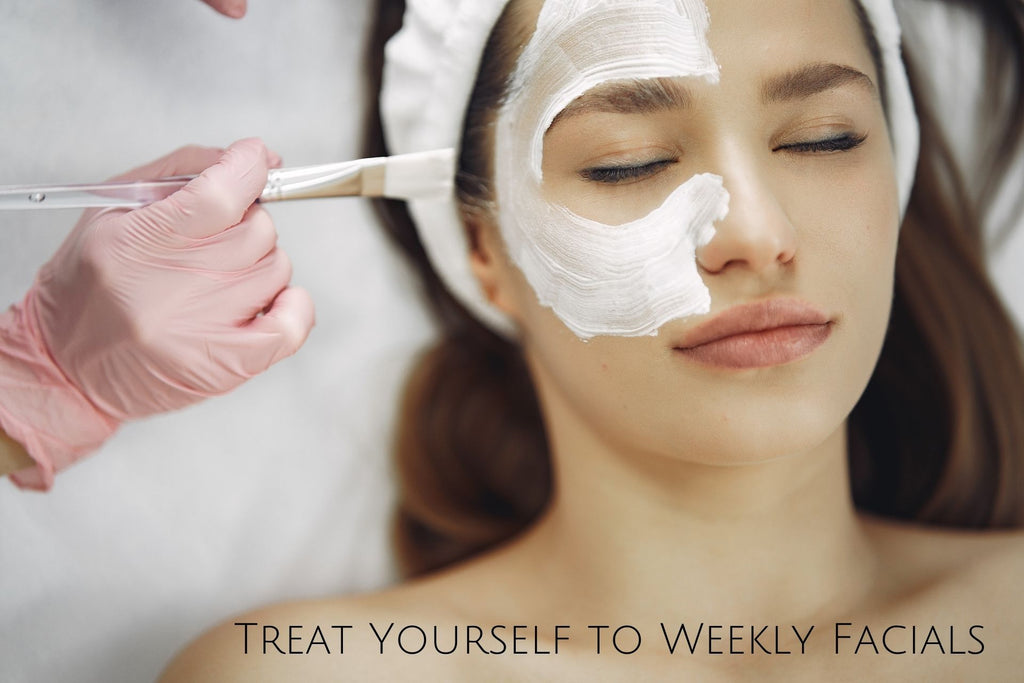
Make a habit of getting facials once a week to keep your skin pores unclogged, clean, and free of excess oil, sweat, and product buildup. In addition, exfoliate your skin using a homemade scrub or baking soda regularly. Steaming your face is also beneficial to your skin. Indeed, steaming your face before exfoliation will aid in opening and cleansing your pores from the inside. You may also apply a face mask to absorb excess oil from your skin's surface.
7. Drink plenty of fluids: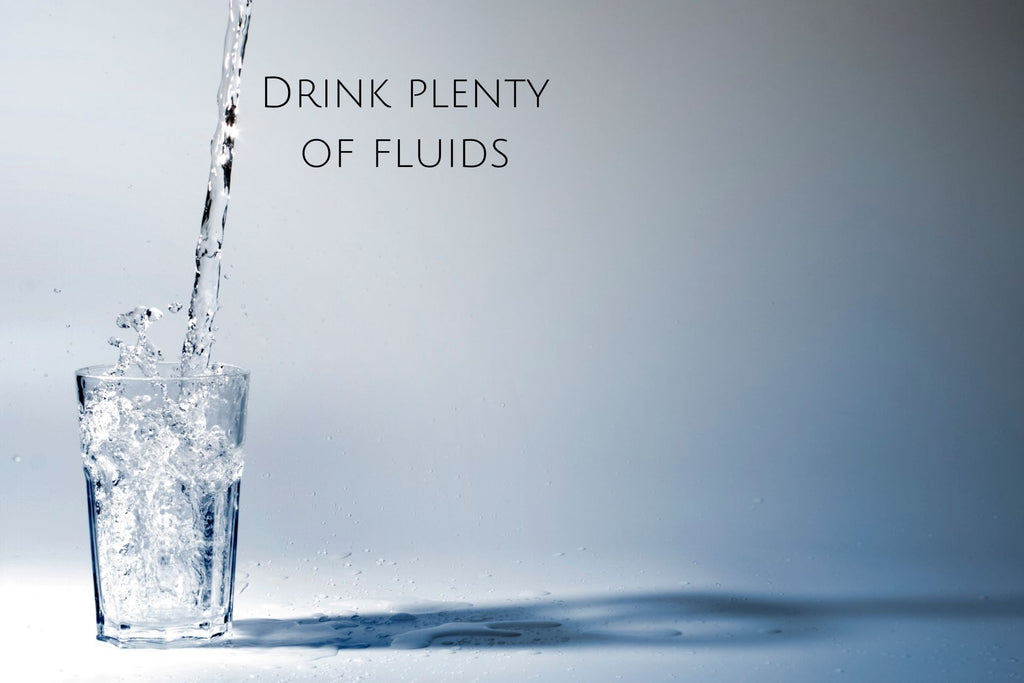
When it comes to having good skin, hydration is essential. Maintain proper hydration in your body by drinking appropriate quantities of water, eating a nutritious diet, and utilizing products that hydrate your skin from the inside out, among other things.
What Is The Optimal Skin Humidity Level?
Every individual has a different preference for humidity levels. Therefore it is impossible to generalize. It is determined by several variables, including your age, genetics, skin type, and the environment in which you live. On the other hand, dermatologists say that a humidity level of 30% to 50% is optimal for healthy skin.
When should you see a dermatologist:
If you suffer from chronic skin diseases such as acne, eczema, rosacea, psoriasis, or any skin condition that makes choosing effective summer skincare products difficult, this article is for you. Our physicians at Orlando Dermatology Center can provide you with the assistance you need.
A prescription-grade topical treatment may be necessary if you are suffering a significant rise in acne on your face, back, or other areas of your body. Consult with a dermatologist as soon as possible if the issue persists.
Final Thoughts
In both high and low humidity, your skin is susceptible to a wide range of problems. However, there are just a few significant side effects that are difficult to prevent. Even so, if you plan ahead of time, it will be much simpler to keep your skin protected no matter what the weather is like. Defeat the humidity battle by using the right products for your skin type, adjusting the humidifier, and keeping your skin moisturized.
Recent Posts
-
The New Generation of Indian Skincare: Bridging Ayurveda and Dermatological Science
Introduction: For millennia, Indian royalty relied on Kumkumadi Taila—the legendary saffron-infused
-
Red Nails vs Pink Nails: Which Looks More Romantic for Valentine’s Day?
Introduction: Valentine's Day approaches, and with it comes the timeless question: red nails or pink
-
The Wellness Valentine: Valentine’s Day Gift Ideas for Health & Wellness Lovers
Introduction: Valentine's Day has evolved beyond traditional red roses and chocolate boxes. In today





